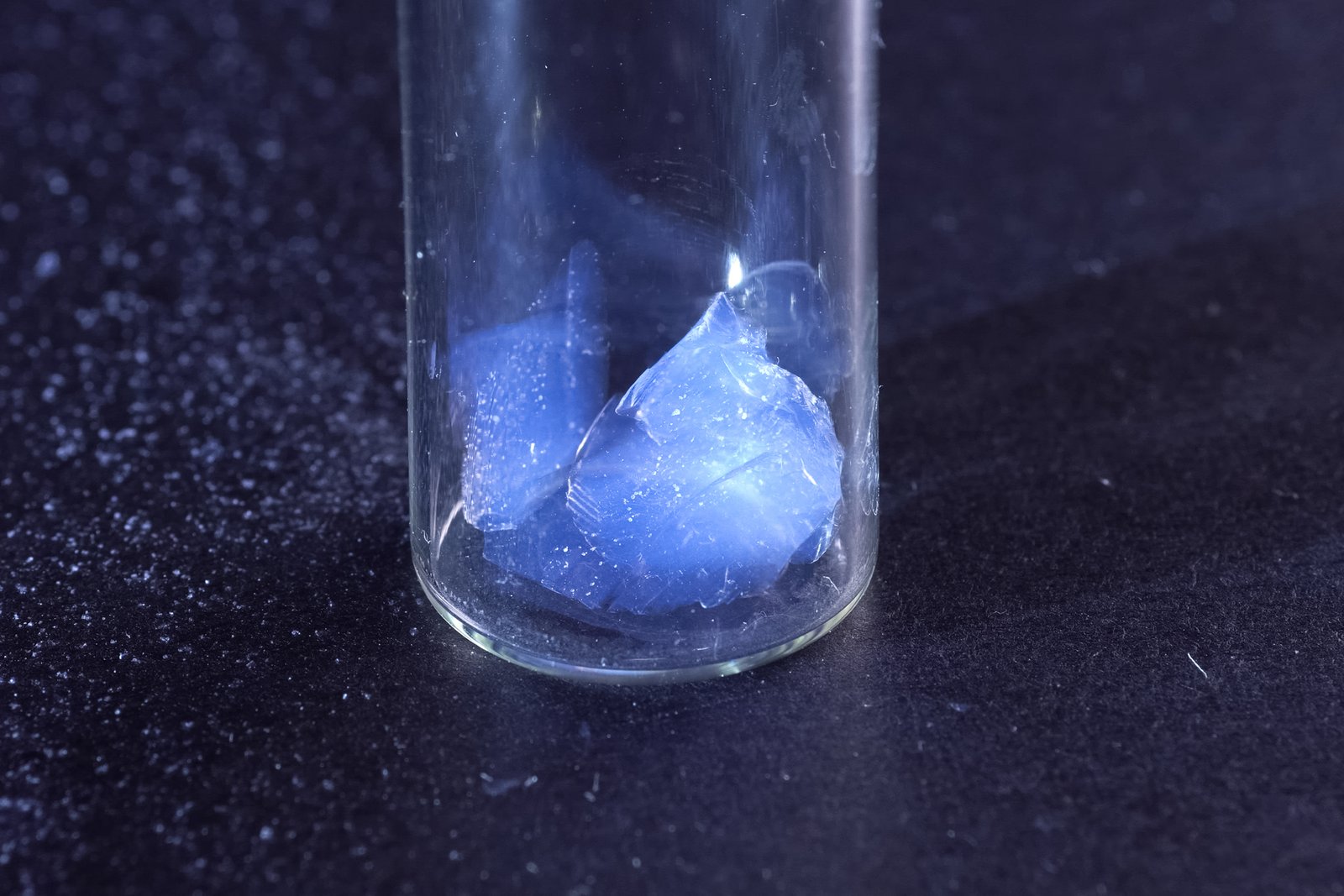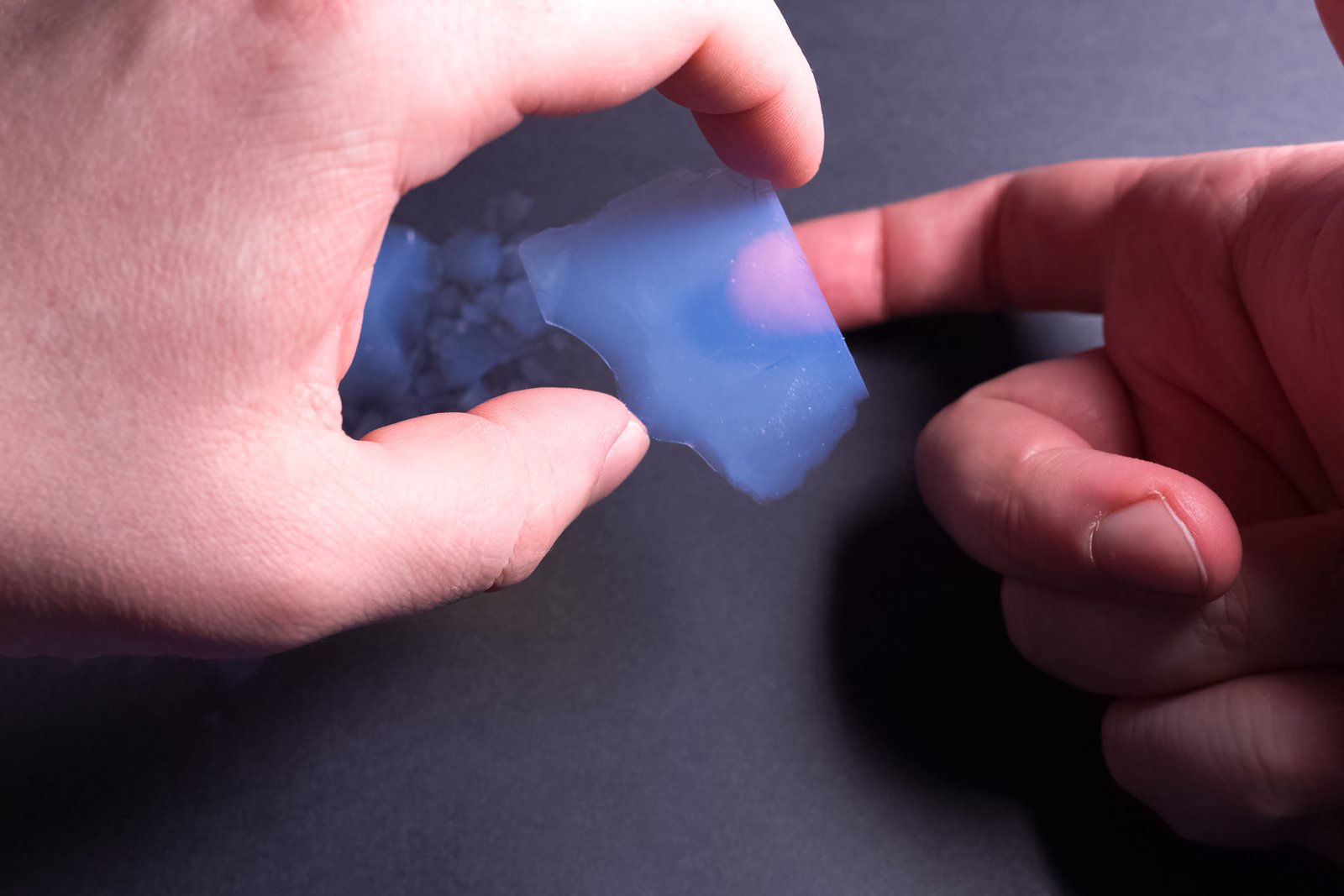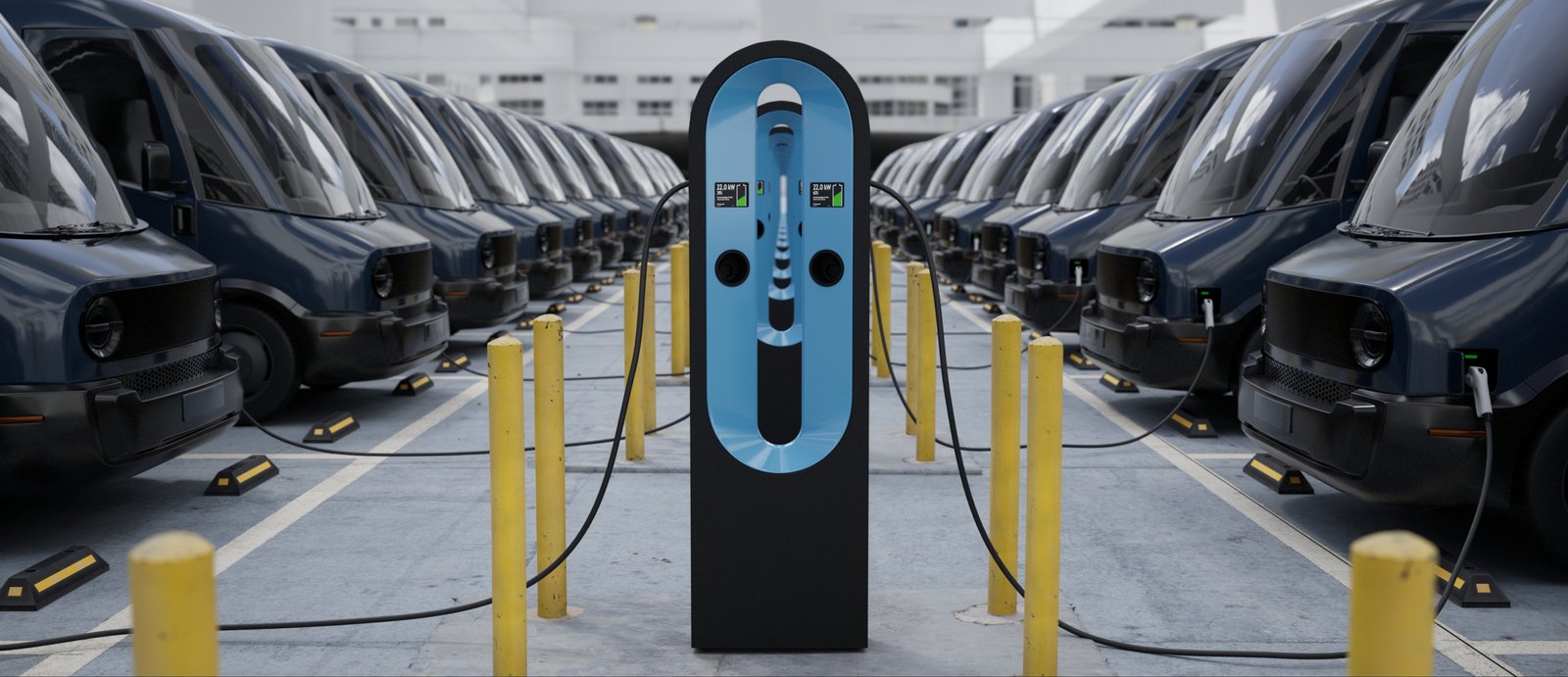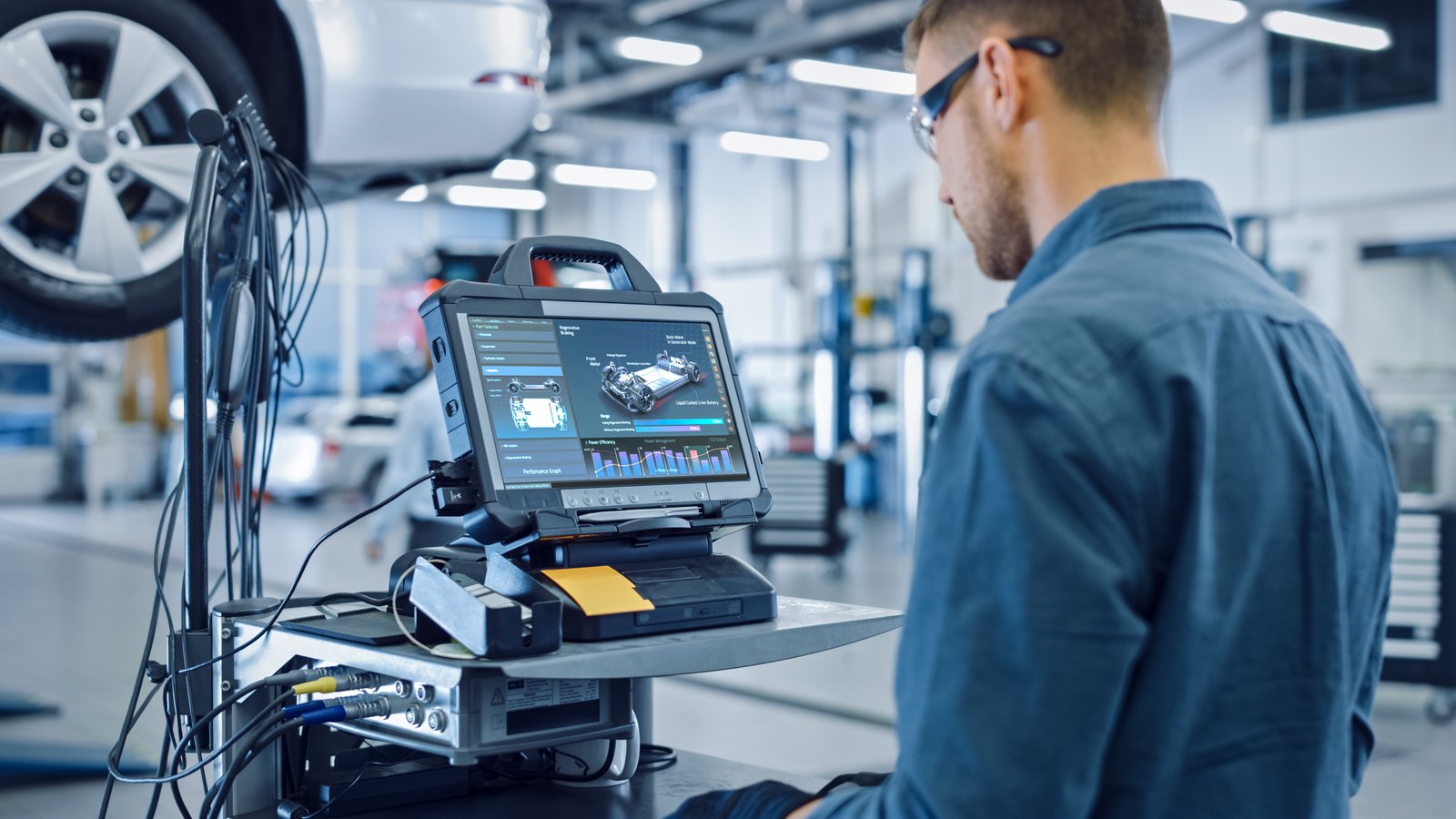In recent years, the aerogel market, known for its slow and steady growth, has witnessed a significant surge in demand. This newfound interest is attributed to the crucial role aerogels play in providing thermal insulation and fire protection for electric vehicle (EV) batteries. As the EV market expands rapidly, aerogel manufacturers are gearing up for substantial growth, with IDTechEx forecasting a more than 12-fold increase in aerogel revenue for EV battery applications.


The optimal operating temperature for EV batteries aligns closely with human comfort. Deviations from this temperature range can lead to reduced battery performance, increased degradation, and safety concerns. Aerogels, with their remarkable thermal insulation properties, have emerged as a solution to these challenges. Boasting an exceptional thermal conductivity of approximately 0.02W/mK, aerogels serve as efficient cell-to-cell barriers. In cold conditions, they retain heat within the cells, while in overheating scenarios, they prevent heat transfer between cells. Moreover, aerogels offer robust fire protection, with many products claiming resistance above 1000°C. Their lightweight nature, typically ranging from 1-10kg/m3, ensures minimal impact on the battery's energy density.
Despite some inherent challenges such as handling complexities and costs, aerogels are gaining traction in the EV market due to their unique properties. In response to the escalating demand, aerogel manufacturers are strategically increasing their production capacities. Market leader Aspen Aerogels, for instance, has secured contracts with major players like GM and Toyota for EV models. To meet these commitments, the company has invested US$325 million in its "Plant II" in Georgia, US, creating an additional 250 jobs.
In China, IBIH is a key player supplying aerogels to prominent Chinese EV OEMs and battery manufacturers. The company is set to triple its manufacturing capacity by completing a second line by the end of 2023, positioning itself for further growth in the EV market. Another noteworthy player, JIOS Aerogel, has recently inaugurated a manufacturing plant in Singapore, focusing on producing its "Thermal Blade" product designed for EV battery applications.
The aerogel market is witnessing expansions by various players, driven by the rapidly growing EV market and the heightened emphasis on EV thermal runaway and fire safety regulations. Despite the vast opportunities for continued expansion and growth, aerogels face formidable competition from alternative materials such as encapsulating foams, ceramic-type substances, intumescent coatings and components, among others. As the industry evolves, aerogel manufacturers are poised to play a pivotal role in enhancing EV safety and performance.
Key Takeaway:
The surge in demand for aerogels, driven by their pivotal role in enhancing the thermal management and safety of electric vehicle (EV) batteries, signifies a transformative phase for the aerogel market. As the EV market expands rapidly, aerogel manufacturers are strategically positioning themselves to meet the evolving needs of the industry. The exceptional thermal insulation properties, lightweight nature, and fire protection capabilities of aerogels position them as key contributors to the advancement of EV technology.
Market leaders such as Aspen Aerogels and emerging players like IBIH and JIOS Aerogel are making substantial investments in manufacturing capacities, reflecting the industry's confidence in the continued growth of aerogel applications in EVs. Despite facing challenges such as handling complexities and cost considerations, aerogels are carving out a niche in the EV market, offering unique solutions to critical challenges related to battery performance, degradation, and safety.
As regulations and safety standards for EVs become more stringent, aerogels are poised to play a pivotal role in enhancing EV safety and performance. The competitive landscape, marked by the emergence of alternative materials, underscores the importance of continuous innovation and adaptation for aerogel manufacturers. In the dynamic landscape of EV technology, aerogels are set to be a driving force, ensuring the sustainable and safe evolution of electric mobility.




